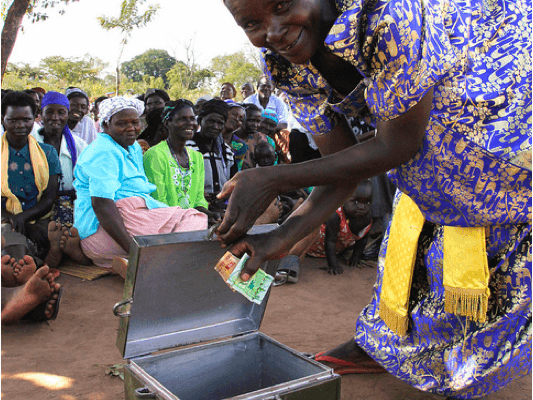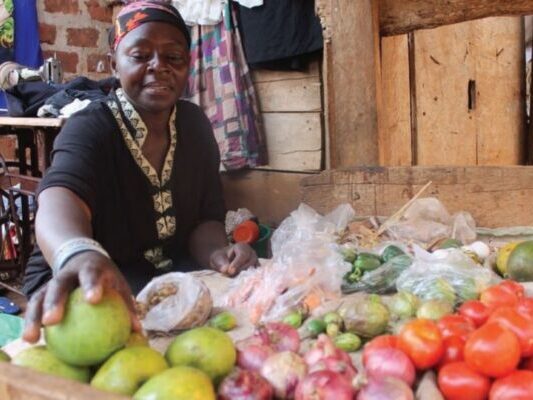Uganda’s large rural population (38 million out of 53 million total inhabitants) largely lacks access to financial services. The huge lending gap poses a limit for farmers and people in rural areas wanting to invest in their business, education, housing, and health.
PROFIRA is a project launched in 2014 by the Government of Uganda and the International Fund for Agricultural Development which aims at widening access to financial services to Uganda’s rural population as a means of combating poverty. The project is implemented by the Ministry of Finance, Planning, and Economic Development (MFPED), and partners such as IIRR.
PROFIRA facilitates access to credit to rural people through Savings and Credit Cooperatives (SACCOS) and the smaller Community Savings and Credit Groups (CSCGs). CSCGs are groups of 25 people who voluntarily come together to save and take loans from those savings on a regular basis. The activities of a CSCG run in “cycles” of about one year, after which the accumulated savings and profits are shared among the members according to the amount each of them saved.





